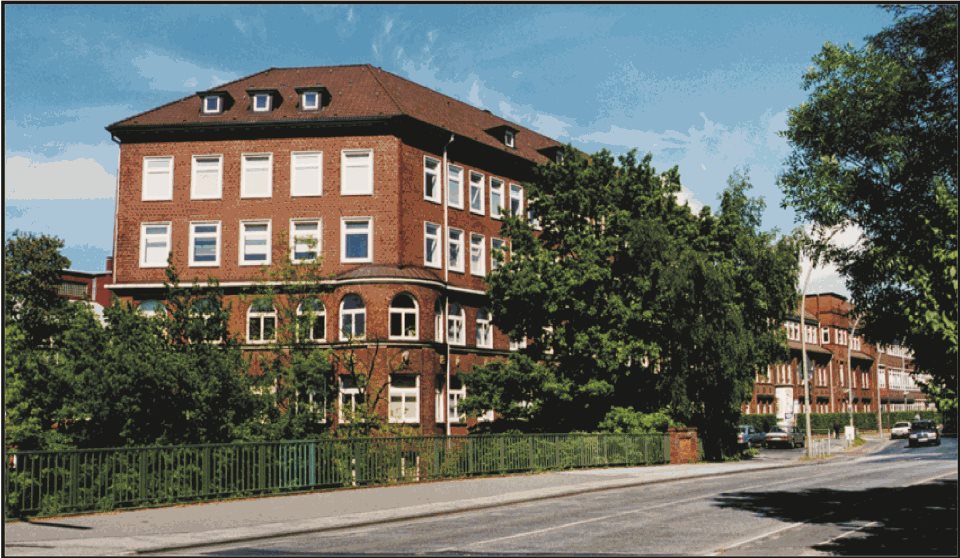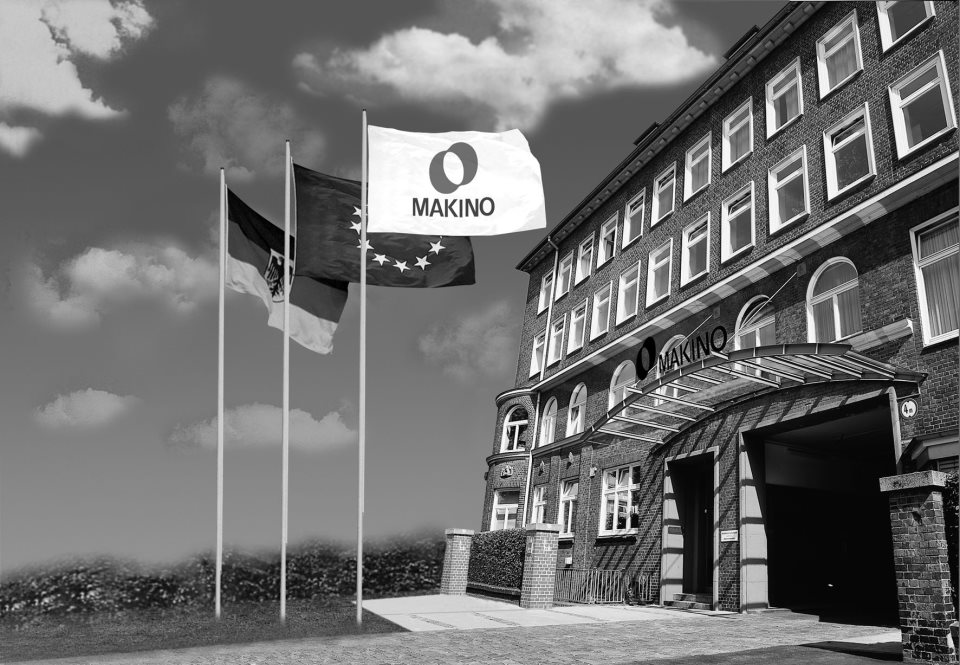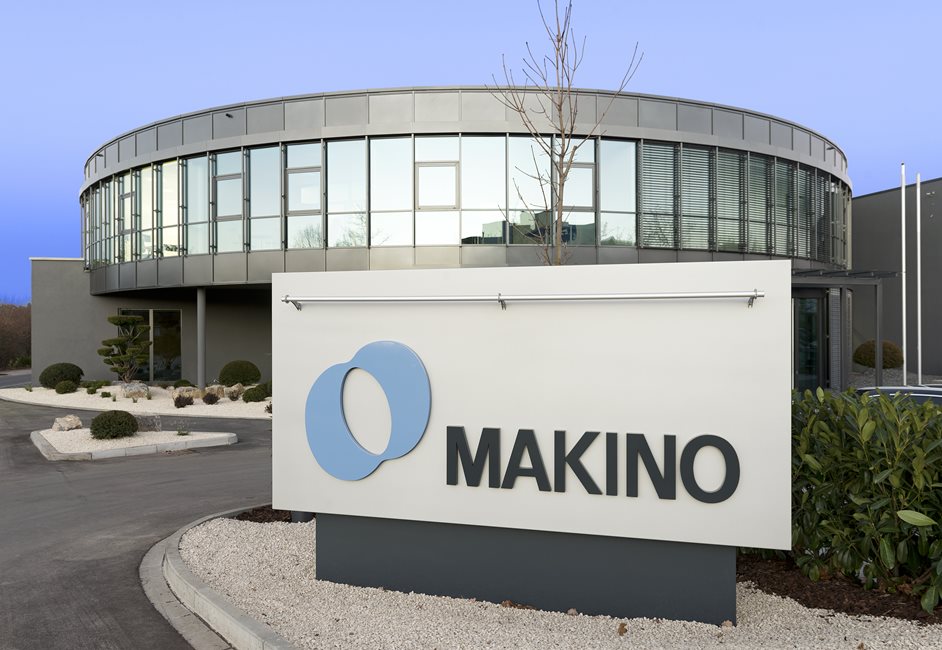
A traditional German company in transition – how the Makino story began in Germany in the 1970s.
Historically speaking, Germany and Japan have been allies. In the 1970s, there were intensive cultural, scientific and economic exchanges. Especially in the West, the 1970s were considered to be a decade of crises, upheavals and changes. But it was precisely in this decade, in October 1978, that Makino went into business with Heidenreich & Harbeck GmbH in a capital venture.


